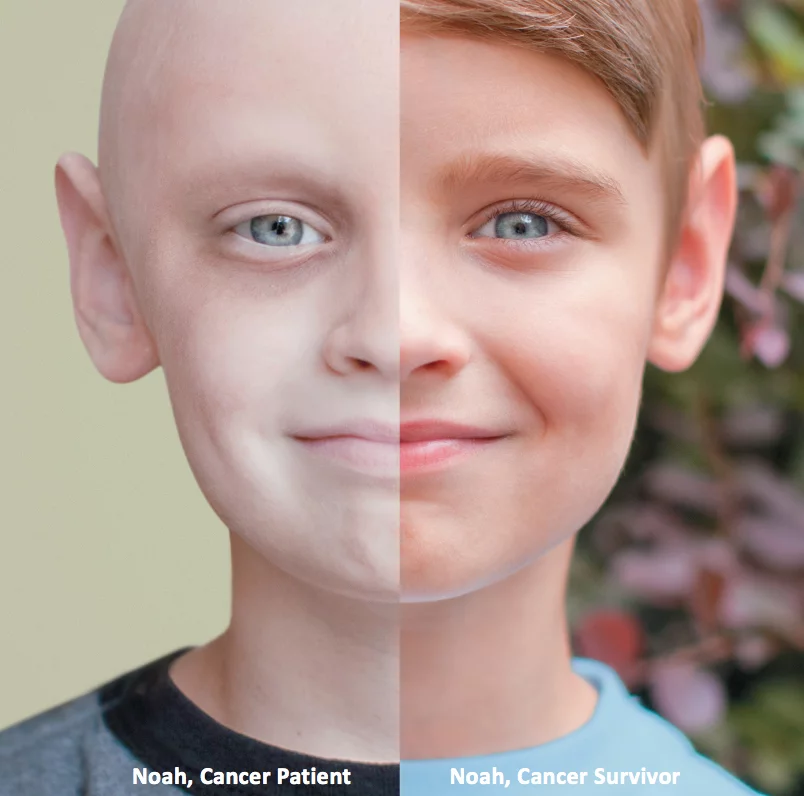2 comments
[…] Pediatric Cancer- Late Side Effects […]
[…] Pediatric Cancer- Late Side Effects- […]

Learn about conventional, complementary, and integrative therapies.
Dealing with treatment side effects? Learn about evidence-based therapies to alleviate your symptoms.
Click the orange button to the right to learn more.

Pediatric oncology has come along way in improving the survival of pediatric cancer patients. Many cancers that were a death sentence fifty years ago are curable today. Unfortunately, with those cures come with the threat of long-term and late stage side effects.

I’m both a parent and a long-term cancer survivor. I live with long-term and late stage side effects from aggressive conventional therapies I underwent in 1995. I live with chronic a-fib, cognitive dysfunction and progressive nerve damage. Research indicates that these side effects could have been either minimized or eliminated all together.
If I knew then what I know now…
Most parents I know would gladly allow treatment-related side effects to their cancer stricken child if the parents were told that their child would live. I feel the same way.
But what if your child was diagnosed with cancer, had to undergo toxic therapies and could also take evidenced-based, non-toxic therapies to reduce their risk of these horrible treatment-related side effects?
I wish I had taken CoQ10 when I underwent chemotherapy regimens such as adriamycin, melphalan and cytoxan. I wish that I had undergone hyperbaric oxygen therapy immediately following my radiation therapy.
To learn more about integrative therapies for pediatric cancers, those therapies that studies have shown will increase the efficacy of chemo while reducing the collateral damage, scroll down the page, post a question and I will reply ASAP.
Thank you,
David Emerson
Chemotherapy-induced hearing loss affects neurocognition in pediatric brain tumor survivors
“More children are surviving malignant brain tumors than in the past, thanks to the use of intense treatments using platinum-based chemotherapy (cisplatin and high-dose carboplatin). Unfortunately, the therapy has a known side effect of permanent hearing loss, resulting from damage to the inner ear. Investigators at Children’s Hospital Los Angeles now report that this type of chemotherapy may not only impact hearing, but that the hearing loss may then contribute to long-term neurocognitive deficits…
Among brain tumor survivors treated with platinum-based therapies, 55 percent sustained sensorineural hearing loss. Independent of radiation therapy effects, patients who experienced hearing loss were found to have significant deficits in intelligence, executive function, and verbal reasoning skills…
The study indicates that children who received radiation therapy and developed hearing loss are at particularly high-risk for neurocognitive decline…”
“General Information about Late Effects
KEY POINTS
Cancer treatments may harm the body’s organs, tissues, or bones and cause health problems later in life. These health problems are called late effects.
Treatments that may cause late effects include the following:
Doctors are studying the late effects caused by cancer treatment. They are working to improve cancer treatments and stop or lessen late effects. While most late effects are not life-threatening, they may cause serious problems that affect health and quality of life.
Late effects in childhood cancer survivors may affect the following:
Many childhood cancer survivors will have late effects. The risk of late effects depends on factors related to the tumor, treatment, and patient. These include the following:
New treatments for childhood cancer have decreased the number of deaths from the primary cancer. Because childhood cancer survivors are living longer, they are having more late effects after cancer treatment. Survivors may not live as long as people who did not have cancer. The most common causes of death in childhood cancer survivors are:
Studies of the causes of late effects have led to changes in treatment. This has improved the quality of life for cancer survivors and helps prevent illness and death from late effects.
[…] Pediatric Cancer- Late Side Effects […]
[…] Pediatric Cancer- Late Side Effects- […]